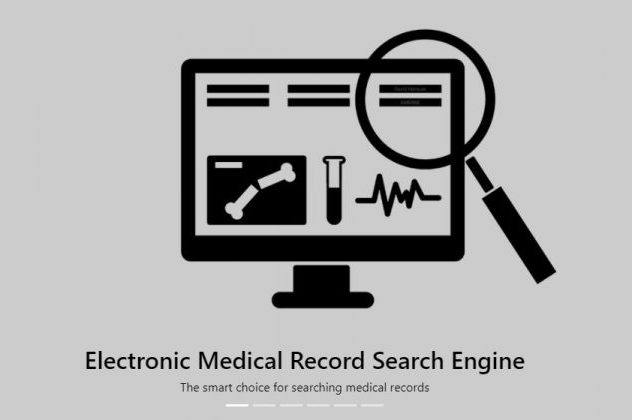
Any note or document that is written by a medical professional (like a doctor, pharmacist, nurse, or social worker) is called free text, meaning anything goes—from syntax errors to misspellings to abbreviations, and more. That’s tough for a search engine to navigate. To get any information at all for things like research studies or billing information, users would have to click on every medical record. At Michigan Medicine, more than 2.3 million patients over the past 20 years have generated over 120 million medical care documents. So trying to find information was nearly impossible.
How to solve the problem? EMERSE it.
EMERSE, or the Electronic Medical Record Search Engine, is a tool for digging through notes in medical records that was first developed at U-M in 2005. It is fast, powerful, and easy to use. EMERSE is also open-source, free, and accessible from any modern web browser…but don’t let this mislead you into thinking it’s a lightweight, plug-and-play tool. EMERSE requires a dedicated clinical IT team to install and securely manage the system.
Used primarily by three groups—clinicians, operational staff, and researchers—EMERSE can help a clinician scour medical notes for details from past visits, eliminating the need to rely on memory. Operational staff could, for example, use it for infection control surveillance or review billing to insurance companies. Researchers can use EMERSE to find patients, for general data abstraction, or for a retrospective (i.e., how many cases of x happened).
More than 900 studies have made use of the EMERSE search engine, and about 120 publications have resulted from the studies.
The team behind EMERSE
For the past ten years, thanks to the expertise of Michigan Medicine’s David Hanauer and a committed and talented Software Delivery team from Health Information Technology & Services (HITS), users have been able to use the EMERSE search for what they need, when they need it. “There are advantages to working with HITS—it is a broad organization, and can easily tap into many different areas, including security, storage, and much more,” Hanauer said. “I feel fortunate to work with them.”
The number of active users is growing. Hanauer recently received a grant from the National Cancer Institute to expand and disseminate the tool to other institutions.
“HITS software developers James Law, Ritu Khanna, and Raghu Tadi are at the core of the EMERSE development team. They are highly-experienced application developers who routinely make the complex design requests for EMERSE possible. They also collaborate with our business partners, including MICHR. The way they all work together is a true testament to the dedication and commitment they have for the project,” said Bryan Martyn, HITS director—Software Delivery.
